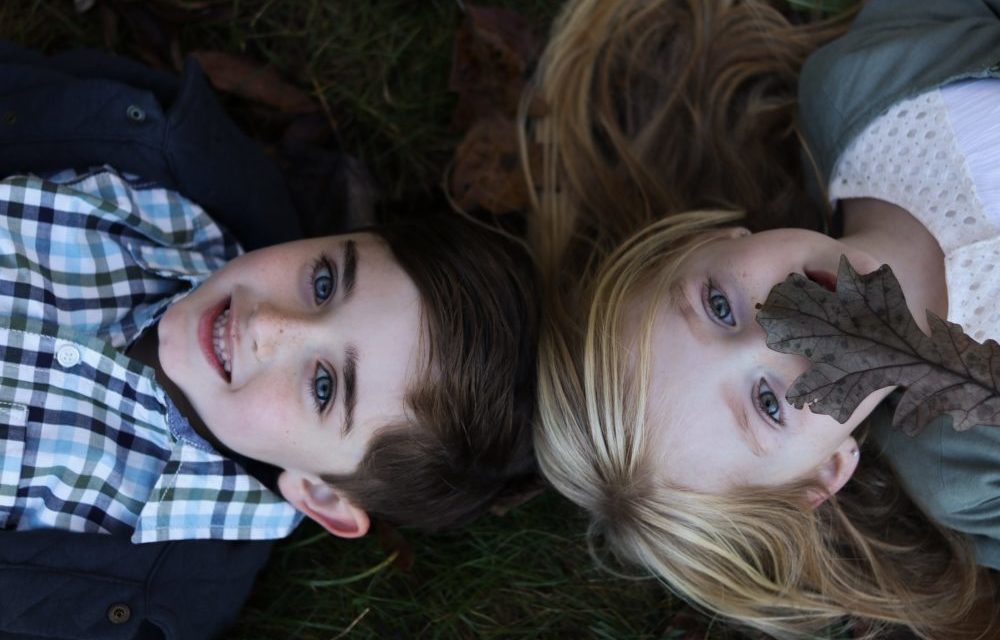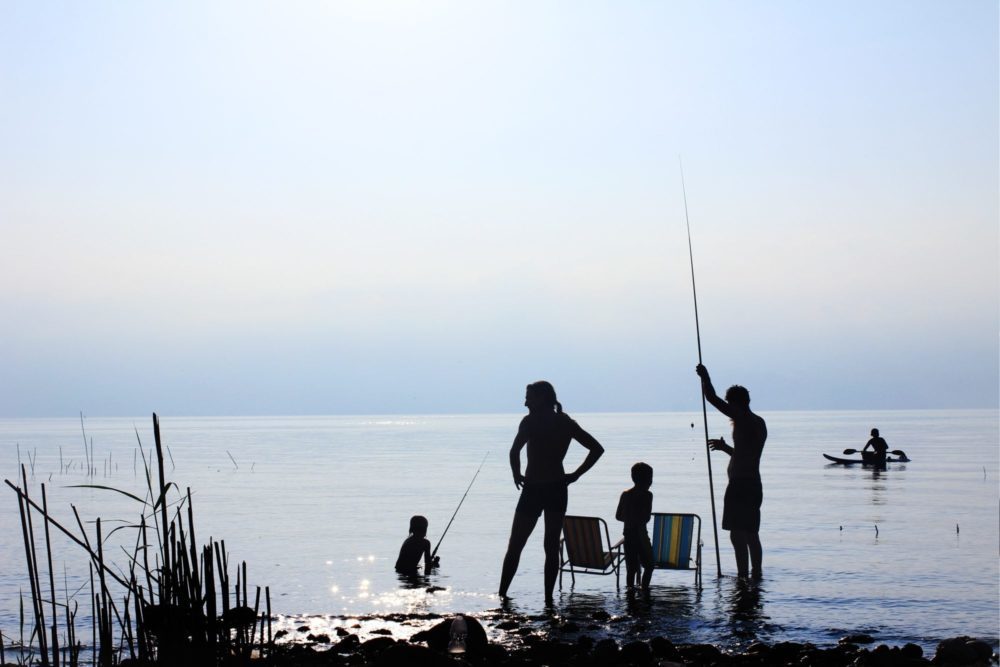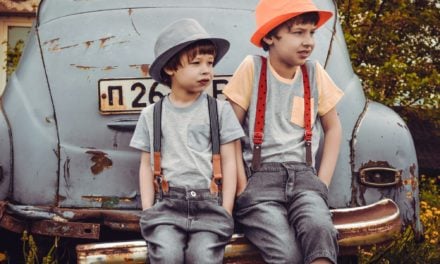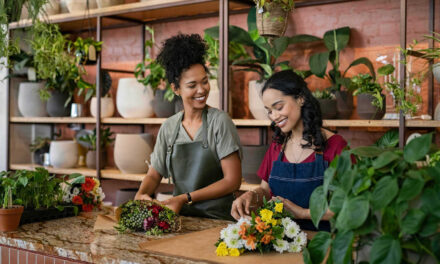Inside: The beauty of family customs and rituals comes in the safe space they provide. They bond us and secure us. For children, they help create a sense of identity and resilience.
Fish and chips on a Friday night. Served straight from the paper, with lots of salt and vinegar. When I was a child that was the ritual in our family. When dad got home from work the whole family would have a ‘lounge room picnic’ with our fish and chips. We would talk about the week gone by and there would always be laughter and connection. In a family that was very busy, it was a happy family custom.
We had other little rituals, like singing Neil Diamond songs in the car (Oh yes!) and specific birthday meals. I’m sure your family rituals come to mind easily, because they were important, even if they didn’t seem so at the time. They were part of the glue that held your family together.
What is Ritual?
Ritual is an old fashioned word. It is associated with tribal ceremonies, the inner workings of churches and forgotten habits of generations past. However, ritual is one of the most powerful protective behaviours you can share with children today. It is proven to contribute to the creation of strong, resilient people.
Let’s define ritual. It isn’t just the property of the past. Rituals can be repeated family customs as well as events and processes that occur in schools, workplaces, teams, countries and even in our global communities. They can be as simple as fish and chips on Friday nights or as complex as a week-long wedding in India. The difference between a routine and a ritual is that a ritual takes on some symbolic meaning.
The Impact of Rituals
The beauty of rituals comes in the safe space they provide for people. They are the times when decisions don’t need to be made, anxious feelings are quieted and there is a sense that you belong to something bigger than yourself. You are connected and safe. Rituals keep you centred, even in uncertain times.
Creating and maintaining rituals is a vital part of the holistic education of children. It is proven to contribute to protection against:
- Suicide
- Self-harm
- Drug and alcohol abuse
- Sexual abuse
- Anxiety
- Depression
Ritual also aids:
- Openness to experience
- Ability to cope with loss and grief
- Ability to cope with trauma
It makes sense. When we feel connected to something bigger than us, we feel nourished and more able to cope.
Rituals in Communities
Schools recognise the value of ritual. In primary schools there are birthday rituals, start of the day welcomes, end of day reflections and in religious schools there is prayer and its associated iconology, actions and tone. In secondary schools where there is less stability in the class grouping throughout the day, there are deliberately created communities with their own rituals.
At my school, we have a very strong House system. Each House is a community of about 140 students. These Houses have their own rituals in the forms of songs, celebration days and meals. As a college, we also have long established rituals that contribute to belonging and resilience. The age of these rituals connects us to thousands of people who have passed this way before us and all those to come.
Established rituals are important, but so is the creation of new ones. New rituals should mark new communities, and especially new families, and they should be spoken about. I love hearing a child say, “In our family we always…” In an age of new blended families, this is especially important. These families are often the result of turmoil and loss, but they are also a bright new beginning and they should have celebrations of their own, while still recognising rituals from the past.

Rituals and Resilience
Syracuse University psychologist Barbara Fiese, PhD and her colleagues researched family customs, routines and rituals over a period of 50 years. They found that family routines and rituals could be positively linked with strong personal identity, health in children, academic achievement and close family bonds. They found that rituals offer stability during times of stress and change.
Resilience in an unpredictable world is one of the greatest gifts you can give your children. A measure of great resilience is if they can:
- Feel confident even when things are not going their way, and know that the bad things will end.
- Recover from loss while still acknowledging and experiencing it.
- Accept happiness and high points without worrying about when their good ‘luck’ will end.
If ritual can help with this process…then it is worth thinking about.
Finally…
We have become a very noisy culture. We seem to value speed, efficiency and constant motion. We have lost the celebration of stillness. It is little wonder that anxiety and depression are among the leading illnesses in Western culture, particularly among young people. Ritual can help create the calm and connection we need.
Visit Linda’s Facebook page here







